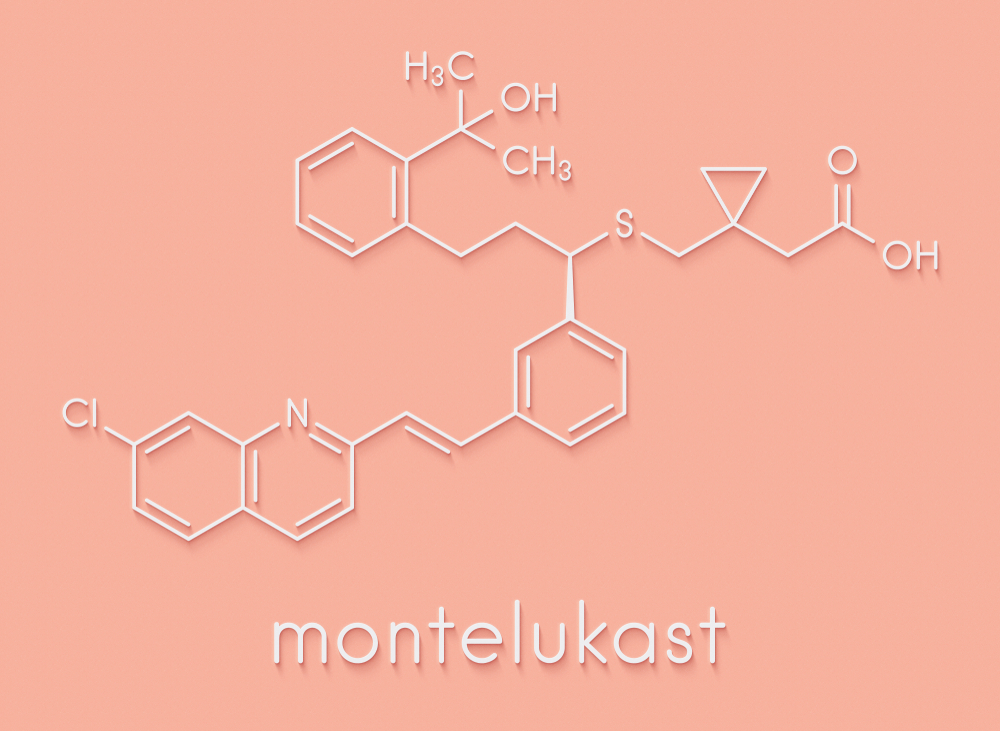Asthma Drug Montelukast Tested as Alzheimer’s Treatment in Proof-of-concept Trial
Written by |

Canada’s IntelGenx has launched a Phase 2a proof-of-concept trial to explore whether the old asthma medication montelukast may be an option for treating Alzheimer’s disease.
The idea that montelukast — also used to treat hay fever — may succeed where other approaches have failed, stems from research at Austria’s Paracelsus Medical University in Salzburg.
A team led by Dr. Ludwig Aigner has showed that montelukast has several properties that could be valuable for treating Alzheimer’s. It prevents inflammatory processes, driven by factors called leukotrienes. Experiments also show that it boosts the production of nerve cell progenitors.
These properties may give montelukast the ability to rejuvenate the aged bra in, researchers believe.
in, researchers believe.
“Current treatments for Alzheimer’s disease are limited,” Dr. Horst G. Zerbe, president and CEO of IntelGenx, said in a press release. “Accordingly, we believe that Montelukast has the potential to be a true game changer and are very excited to commence this trial.”
IntelGenx, which makes alternative versions of approved drugs, is working on an oral therapy called Montelukast VersaFilm that is placed in the mouth. Medications absorbed from the gut are largely cleared in the liver before making their way to the rest of the body. If a compound is absorbed into the bloodstream from the mouth, this, so-called first pass effect, is avoided — lowering doses and toxic effects. Montelukast also passes from the blood to the brain, a key prerequisite for an Alzheimer’s treatment.
Doctors can also easily give patients an oral film without water, which IntelGenx thinks may improve acceptability and compliance.
The Phase 2a study (NCT03402503) will randomly assign about 70 participants to montelukast or placebo, both in the form of a buccal film. The study, to include patients with mild or moderate Alzheimer’s, has been approved by Health Canada, but the company has so far not announced trial locations.
After 26 weeks, researchers will assess participants using a battery of neuropsychological tests. Researchers will also determine whether montelukast affects suicidal risk, or improves urinary incontinence problems in affected patients.
The company had earlier looked at the safety of the buccal film in a Phase 1 trial of healthy volunteers, and found the treatment to be safe. It also confirmed the benefits of a buccal film over a tablet.
IntelGenx expects to start screening patients by the end of March 2018.





